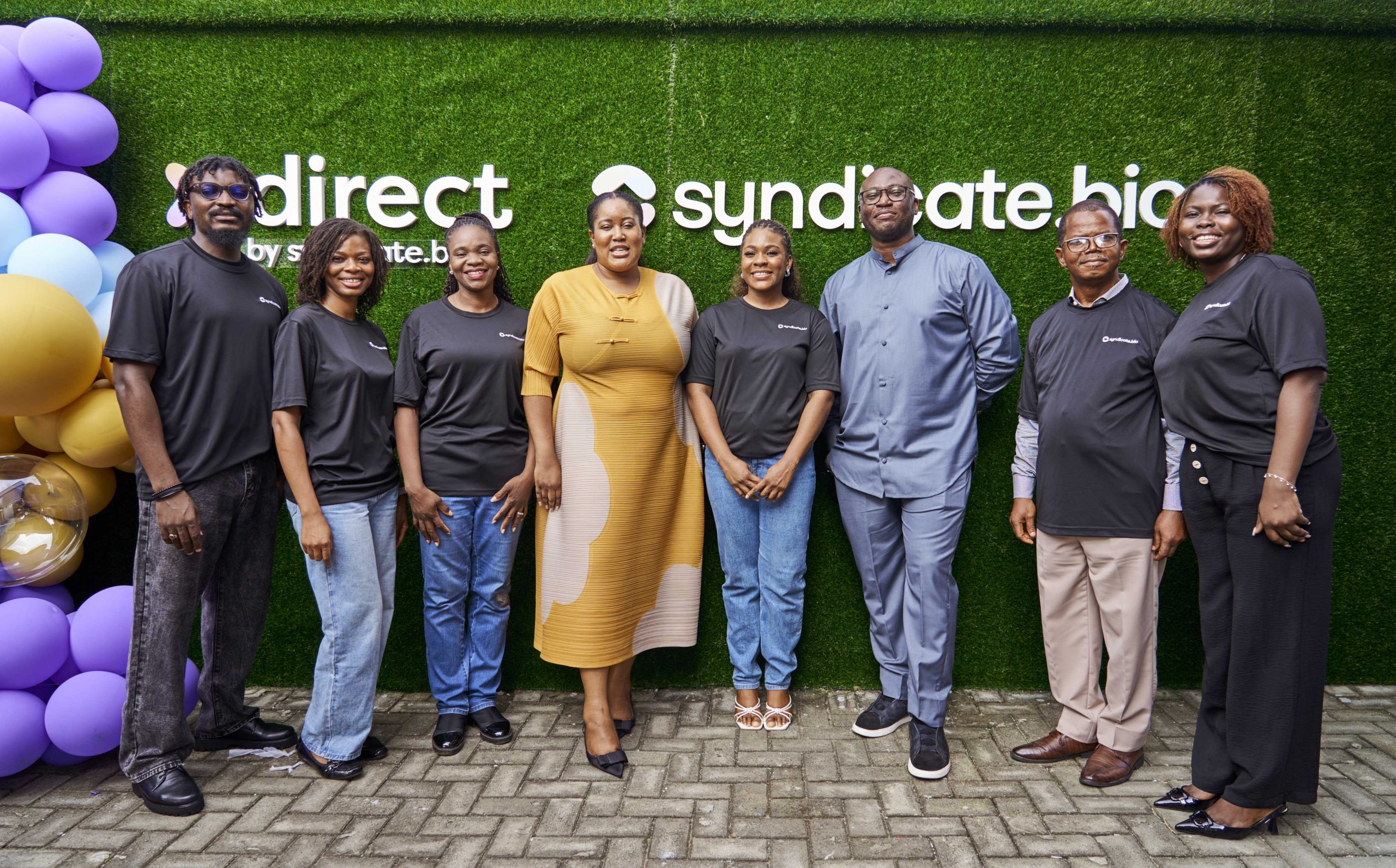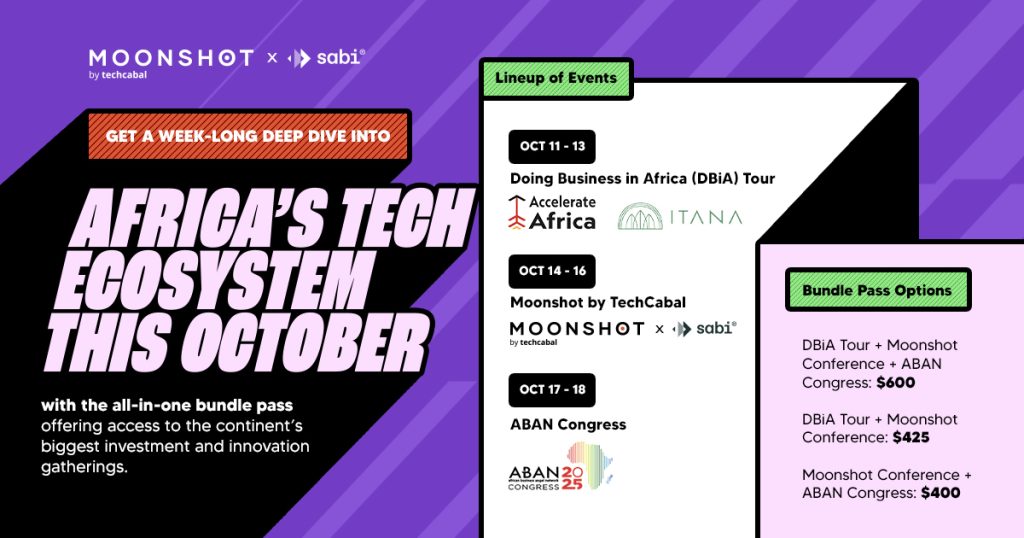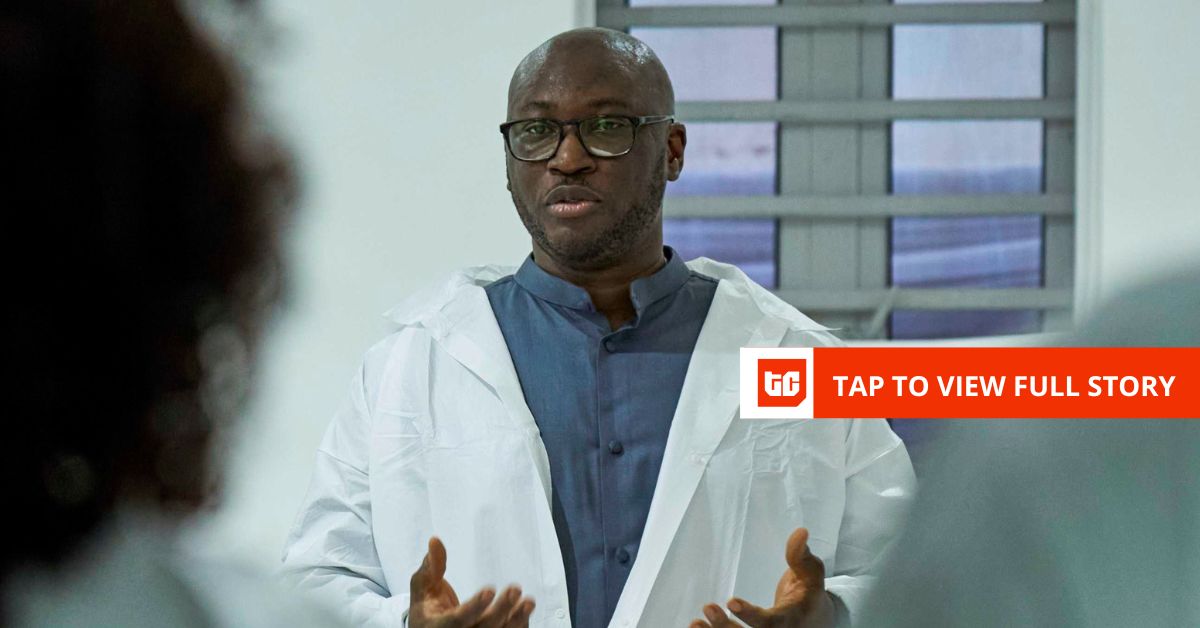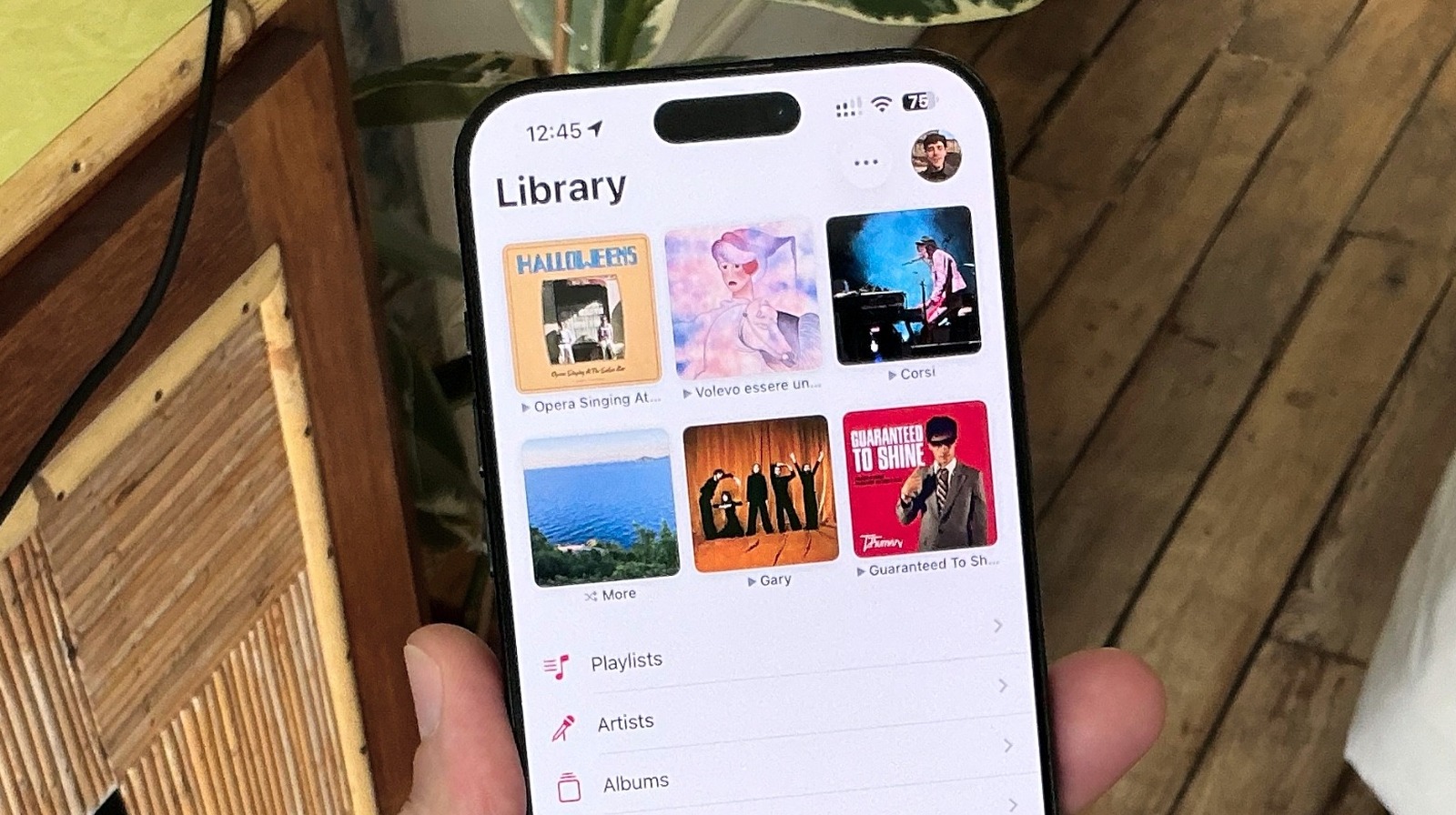Africa makes up less than 3% of global genome sequencing, a laboratory procedure to determine the entire genetic makeup of a specific organism or cell type. This gap hinders research and efforts to treat conditions more common on the continent, including cancers, cardiovascular and sickle cell disease. “For too long, the absence of locally derived genomic data has limited how we prevent, diagnose, and treat disease,” says Dr Abasi Ene-Obong, founder of Syndicate Bio, a genomics company.
The scarcity of African genomic data is driven largely by historical cost and complexity. In 2001, sequencing the human genome took 13 years and cost about $2.7 billion. While that price has fallen to about $200 in 2024, the technology remained a research commodity on the continent, rather than a tool for patient care. The sequencing capacity on the continent was often for microbes, not large-scale human sequencing that Syndicate Bio is trying to achieve.
Syndicate Bio is a health innovation company focused on advancing genomics and precision medicine across the continent and beyond. The company was launched in September 2023 by Abasi Ene-Obong after he stepped down as CEO from 54gene, a genomics startup he cofounded, in October 2022.
Syndicate Bio uses collaboration with governments, pharma companies, academia, and other stakeholders to drive local precision medicine impact while creating powerful datasets that can be used for drug discovery, research, and development.
Syndicate Bio’s newly launched sequencing laboratory positions itself as Nigeria’s frontline for AI-enabled precision medicine. At its core is Direct by Syndicate Bio, a genetic testing and precision medicine service designed to deliver actionable insights to patients and providers across Africa.
Direct is built on Nigeria’s genetic diversity, which affects everything from how an individual metabolises common drugs to their risk of hereditary cancers. Until now, most genetic testing connected to African patients was shipped abroad, far removed from day-to-day healthcare. Direct by Syndicate Bio wants to change that.
Complex testing that was previously inaccessible to everyday patients is now available in-country. This service takes samples like blood, tissue, or saliva collected through a network of partner labs across Nigeria, and analyses them to produce clinical reports with actionable insights.
To ensure these advanced genetic insights are effectively integrated into patient care, Syndicate Bio established the Direct Nigeria Precision Medicine Network (DNPMN), a network of local hospitals, cancer centers, and international partners. This network will collaborate on complex cancer cases, provide second opinions, exchange knowledge, and ensure patients access to personalised prevention and intervention strategies. Key partners include Roswell Park Comprehensive Cancer Centre (USA), Lakeshore Cancer Centre, and Redus Centre for Digestive Health.
“This collaboration reflects our shared commitment to making precision medicine accessible to underserved populations across Africa,” says Dr Sai Yendamuri, Chief Strategy Officer, Roswell Park Comprehensive Cancer Centre. “By combining our expertise in genomic testing with educational initiatives in oncology and cancer awareness, we can help empower clinicians and communities with the tools they need to improve outcomes.”
The promise of new tech
Direct launches with a focused suite of genetic tests designed to address urgent healthcare needs by offering Nigerians insights into their own unique biology.
One major focus of Direct’s services is oncology, a branch of medicine that specialises in the diagnosis and treatment of cancer. As of 2022, Nigeria has registered over 260,000 new cancer cases in a country with only 27 cancer treatment centres. The fight against cancer is now being equipped with Direct’s new genetic tools. For families who have seen cancer appear across generations, a hereditary cancer test can identify risks written into their genes. Syndicate Bio’s lab is equipped with machines that can analyse over 300 genes linked to breast, ovarian, pancreatic, prostate, and colorectal cancers. These hereditary tests can also reveal up to 90 inherited disorders across cardiovascular, metabolic, neurodevelopmental, ophthalmological, immune system, and blood-related categories.
For patients already battling cancer, the lab offers tumor profiling that analyses the cancer itself. This allows the patients and doctors to understand the exact driver of that cancer so treatments can be targeted more precisely.
“In Nigeria, we’ve not really been treating cancers from an actionable perspective, because we’ve not had the tools,” Dr Ene-Obong says. “ But with this now, we’ll be able to know exactly what is driving that cancer. We’ll then be able to bring in the right drugs for this particular cancer.”
One of the tests Direct offers, pharmacogenomics, shows how a person’s body reacts to common drugs. This can explain why a common painkiller might not work for a person but works perfectly for someone else. For serious conditions that may involve cardiovascular or autoimmune medications, knowing which drugs are effective for your body can make a difference in life-saving treatment.
Direct also offers health and wellness testing, screens for population-relevant traits like sickle cell diseases and thalassemia, and non-invasive prenatal testing (NIPT) that allows a pregnant woman to check the health of her foetus and detect conditions like Down Syndrome, Turner syndrome, among others, without the risks of invasive sampling.
How the tech works: The journey of a sample
Patients can access and choose the tests online. This will lead them to one of Syndicate Bio’s partner labs across 20 cities in Nigeria, where their sample will be collected. Once the sample gets inside the Lagos laboratory, an advanced automation process is used to extract the genetic material from it. After a quality check confirms the extracted material is concentrated enough, the sample is tagged with a unique barcode that ensures the data can be traced back to the correct patient after sequencing.
The samples are loaded into one of the lab’s sequencers, which can generate up to 100 gigabytes of raw data from a single sample. This raw data is sent to a cloud storage where artificial intelligence can analyse it to find the genetic insights requested by the patient. The findings are compiled into a clinical report with insights, shared with the patient and the physician. To ensure the information is understood and used effectively, direct provides a genetic counselor to translate the science into life-saving decisions.

Africa has more genetic diversity than any other continent. Without local data, the continent has been trying to solve unique health challenges with tools and insights developed for other populations. Direct by Syndicate Bio is betting on closing that gap with data.
Dr Ene-Obong says this data can inform policy, providing evidence needed for governments to approve and import targeted drugs best suited for their citizens. Ultimately, what’s at stake is Africa’s role in the future of global medicine. As more data is generated, it feeds into the global understanding of health, forcing researchers to identify with the genetic realities of Africa.
The company plans to expand its services to include kinship testing for forensics and paternity cases, digital pathology, and newborn screening. The long-term goal is to use the vast genetic data to bring a new layer of data-driven intelligence to the practice of medicine.
As Ene-Obong puts it: “With Direct, Syndicate Bio is harnessing Nigeria’s rich genetic diversity to generate insights that improve care for Nigerians and the diaspora—while advancing inclusive precision medicine globally.”
Mark your calendars! Moonshot by is back in Lagos on October 15–16! Meet and learn from Africa’s top founders, creatives & tech leaders for 2 days of keynotes, mixers & future-forward ideas. Get your tickets now: moonshot..com












